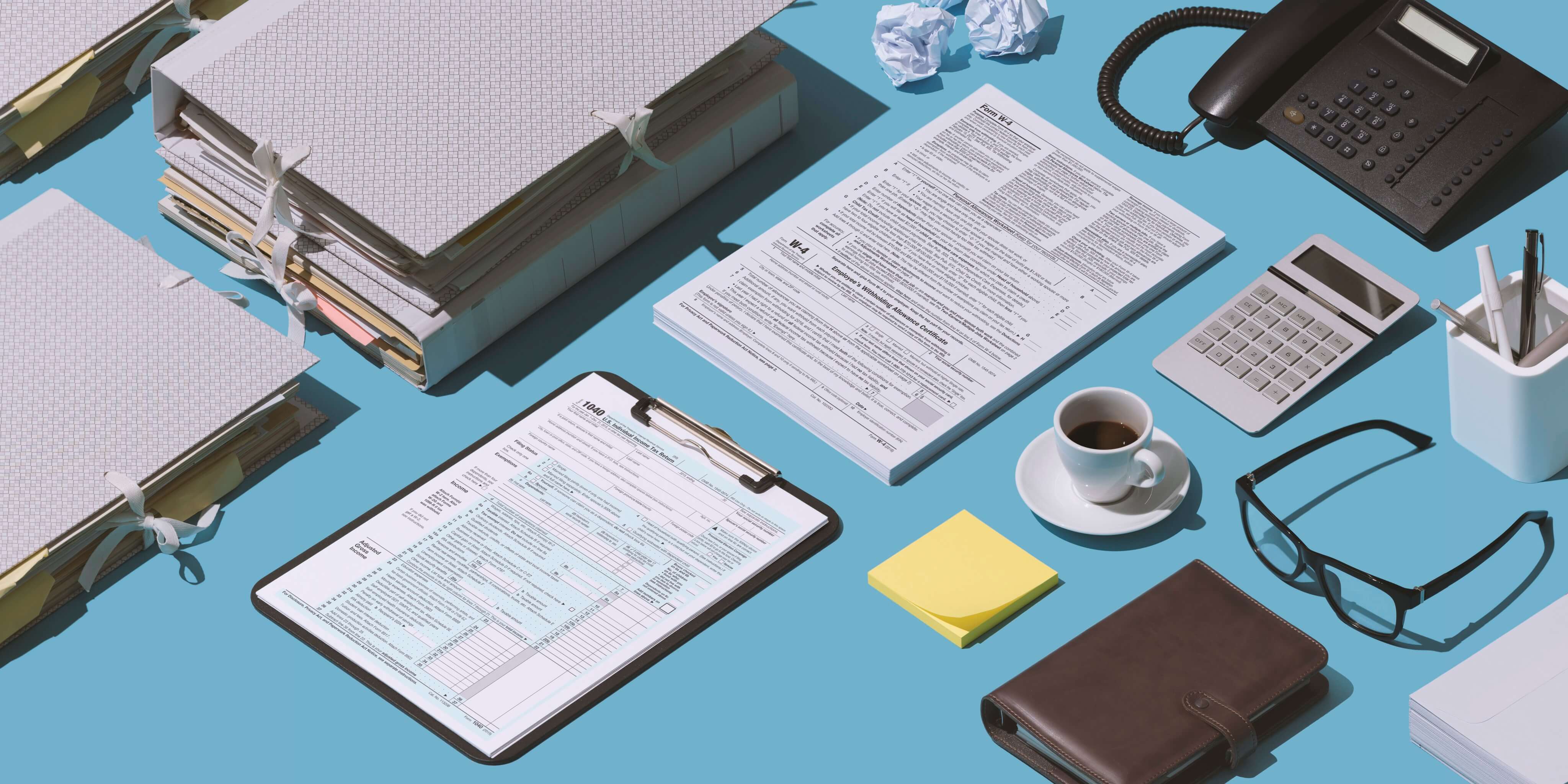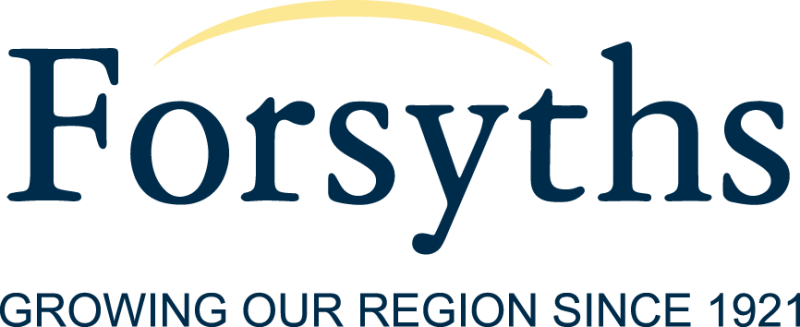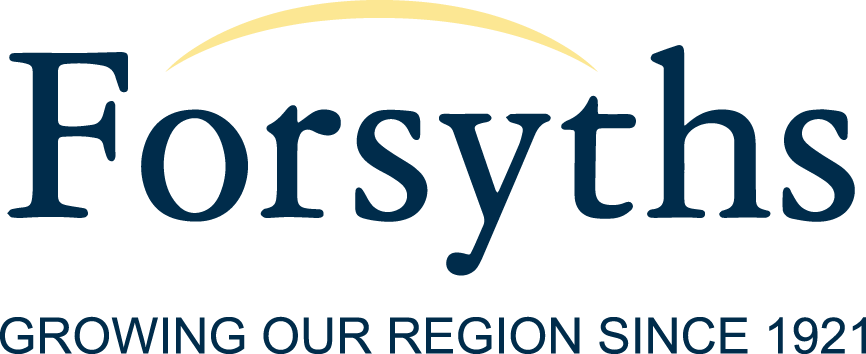
Claiming interest expenses for rental properties
Interest is a common deduction claimed by taxpayers. Generally, interest is seen as being inherently deductible where it is incurred in gaining or producing assessable income.
An established factor from court cases is that the deductibility of interest depends on the purpose of and use of borrowing the principal. Interest expenses will not be deductible where money is used for a purpose that does not produce income, even if the money is borrowed by being secured over rent-producing property.
For rental properties, if you take out a loan to purchase a rental property, you can claim the interest charged on that loan, or a portion of the interest, as a deduction. However, the property must be rented, or genuinely available for rent, in the income year for which you claim a deduction.
If you have a loan you used to purchase a rental property and also for another purpose, such as to buy a car, you cannot repay only the portion of the loan related to the personal purchase. Any repayments of the loan are apportioned across both purposes.
What can you claim?
You can claim the interest charged on the loan you used to:
- Purchase a rental property
- Purchase a depreciating asset for the rental property (for example to purchase a new air conditioner for the rental property)
- Make repairs to the rental property (for example roof repairs due to storm damage)
- Finance renovations on the rental property
- You can also claim interest you have pre-paid for up to 12 months in advance.
What can’t you claim?
You cannot claim interest:
- For the period you used the property for private purposes, even if it’s for a short period of time
- On the portion of the loan you use for private purposes when you originally took out the loan, or if you refinanced.
- On a loan you used to buy a new home if you do not use the new home to produce income, even if you use your rental property as security for the loan
- On the portion of the loan you redraw for private purposes, even if you are ahead in your repayments.
1. Include all the income you receive
This includes income from short term rental arrangements (eg a holiday home), sharing part of your home, and other rental-related income such as insurance payouts and rental bond money you retain.
2. Get your expenses right
- Eligibility – claim only for expenses incurred for the period your property was rented or when you were actively trying to rent the property on commercial terms.
- Timing – some expenses must be claimed over a number of years.
- Apportionment – Apportion your claim where your property was rented out for part of the year or only part of your property was rented out, where you used the property yourself or rented it below market rates. You must also apportion in line with your ownership interest.
3. Keep records to prove it all
You should keep records of both income and expenses relating to your rental property, as well as purchase and sale records.
Claiming part of the interest incurred
Kosta and Jenny take out an investment loan for $350,000 to purchase an apartment they hold as joint tenants. They rent out the property for the whole year from 1 July. They incur interest of $30,000 for the year. Kosta and Jenny can each make an interest claim of $15,000 on their respective tax returns for the first year of the property.
Interest incurred on a mortgage for a new home
Zac and Lucy take out a $400,000 loan secured against their existing home to purchase a new home. Rather than sell their existing home they decide to rent it out. They have a mortgage of $25,000 remaining on their existing home which is added to the $400,000 loan under a loan facility with sub-accounts; that is, the two loans are managed separately but are secured by the one property.
Zac and Lucy can claim an interest deduction against the $25,000 loan for their original home, as it is now rented out. They cannot claim an interest deduction against the $400,000 loan used to purchase their new home as it is not being used to produce income even though the loan is secured against their rental property.
Interest incurred on funds redrawn from the loan halfway through the year
Tyler has an investment loan for his rental property with a redraw facility. He is ahead on his repayments by $9,500, which he can redraw. Halfway through the year, Tyler decides to redraw the available amount of $9,500 and buys himself a new TV and a lounge suite.
The outstanding balance of the loan at that time is $365,000 and total interest expense incurred until then is $9,300. The total interest for the year is $19,000. Tyler can only claim the interest expense on the portion of the loan relating to the rental property using the following calculation:
Total loan balance – redraw amount = rental property loan portion:
That is: $365,000 – $9,500 = $355,500
To work out how much interest he can claim, he does the following calculation in respect of the period following the redraw:
Total interest expenses x (rental property loan portion ÷ loan balance at the time of the redraw) = deductible interest
That is: $9,700 x ($355,500 ÷ $365,000) = $9,448
Tyler can claim interest of $18,748, being $9,300 plus $9,448.



